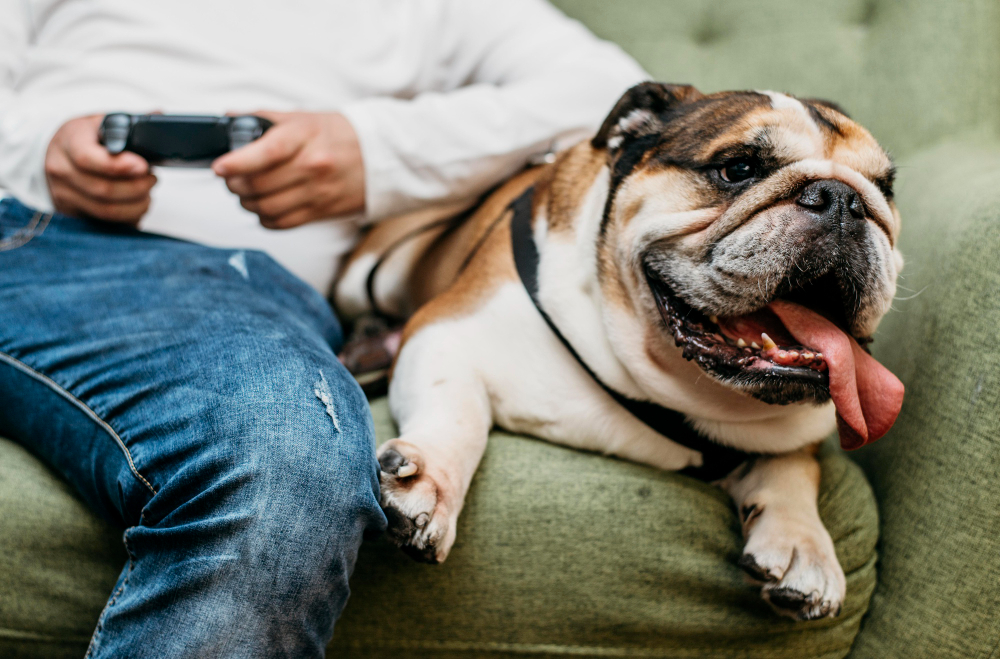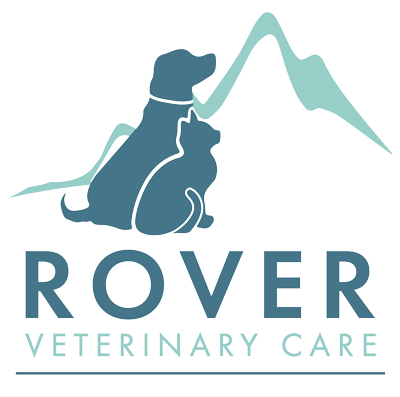Understanding Obesity in Pets

Understanding Obesity in Pets

Our pets are more than just animals; they are beloved members of our families. Like humans, they can suffer from health issues, with obesity being one of the most common problems. If you’re a pet owner in Reno, NV, this blog post will offer insight into the causes, risks, and management of pet obesity. Plus, if you're in need of compassionate services like in-home euthanasia, Rover Veterinary Care is here to help.
What is Pet Obesity?
Pet obesity is defined as an excessive accumulation of body fat that poses a risk to the pet's health. It’s not just about extra weight—obesity can lead to severe health complications that reduce the quality of life and longevity of your furry friends.
Causes of Obesity in Pets
Understanding the root causes of obesity in pets can help you take preventive measures. Here are some common factors:
Overfeeding
Many pet owners tend to overestimate the amount of food their pets need. Coupled with frequent treats and table scraps, this can lead to excess calorie intake.
Lack of Exercise
Pets need regular physical activity to maintain a healthy weight. Modern lifestyles often result in pets being left alone for extended periods, leading to reduced exercise.
Age and Genetics
Older pets are often less active and have slower metabolisms, making them more prone to weight gain. Certain breeds are also genetically predisposed to obesity.
Medical Conditions
Conditions such as hypothyroidism and Cushing's disease can contribute to weight gain in pets. If you suspect that your pet has a medical condition, consult a veterinarian immediately.
Risks of Obesity in Pets
Obesity in pets is not just a cosmetic issue; it poses several serious health risks:
Diabetes
Overweight pets are at a higher risk of developing diabetes, a condition that requires lifelong management.
Joint Problems
Excess weight puts additional stress on joints, leading to arthritis and other mobility issues.
Heart Disease
Obesity can lead to heart disease, which is often fatal if not managed properly.
Reduced Life Expectancy
Studies have shown that obese pets have a shorter lifespan compared to their healthier counterparts.
How to Manage Pet Obesity
Managing pet obesity involves a combination of diet, exercise, and veterinary care. Here are some steps to help your pet achieve and maintain a healthy weight:
Consult a Veterinarian
Before starting any weight loss program, consult your veterinarian to rule out underlying medical conditions and to get a tailored weight management plan.
Balanced Diet
Opt for high-quality pet food that meets your pet's nutritional needs without excess calories. Measure portions to ensure you’re feeding the right amount.
Regular Exercise
Incorporate regular exercise into your pet's routine. Activities like walking, playing fetch, and even swimming can help burn calories.
Monitor Progress
Regularly monitor your pet's weight and adjust their diet and exercise routine as needed. Regular vet check-ups can also help track progress.
How Rover Veterinary Care Can Help
If you’re considering in-home euthanasia in Reno, NV, Rover Veterinary Care provides compassionate and professional services. We understand that saying goodbye to a pet is one of the hardest decisions a pet owner can make. Our team is dedicated to making the process as peaceful and dignified as possible.
Why Choose In-Home Euthanasia?
In-home euthanasia offers a comforting alternative to traditional veterinary office visits. Here are some benefits:
- Comfort and Familiarity: Your pet can spend their final moments in a familiar environment, reducing stress and anxiety.
- Privacy: This option allows you to say goodbye in a private, intimate setting.
- Compassionate Care: Our veterinarians are trained to provide compassionate care, ensuring that your pet’s final moments are peaceful.
How to Prepare
Preparing for in-home euthanasia involves several steps to make the process as smooth as possible:
- Consultation: Speak with one of our veterinarians to discuss your pet’s condition and the procedure.
- Environment: Choose a comfortable and quiet space in your home where the procedure can take place.
- Support: Have family members or friends present for emotional support.
What to Expect
Our team will arrive at your home at the scheduled time. The veterinarian will explain the procedure and answer any questions you may have. A sedative may be administered first to ensure your pet is relaxed before the final injection.
Conclusion
Understanding and managing obesity in pets can significantly improve their quality of life. By consulting with a veterinarian, maintaining a balanced diet, and ensuring regular exercise, you can help your pet achieve a healthy weight. And if the time comes when you need compassionate end-of-life care, Rover Veterinary Care offers in-home euthanasia in Reno, NV, ensuring your pet's final moments are filled with love and comfort.
For more information on managing pet obesity or in-home euthanasia services, contact Rover Veterinary Care today.
